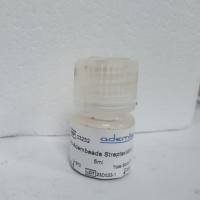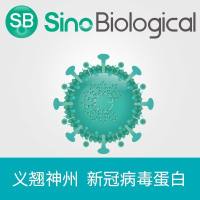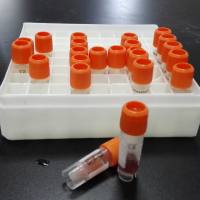Protocols of In Vitro Protein Covalent Binding Studies in Liver
互联网
405
Xenobiotics, including therapeutic agents, can produce a variety of beneficial, as well as adverse, effects in mammals. One potential source of drug-mediated toxicity stems from metabolic activation of the parent compound, typically catalyzed by one or more members of the cytochrome P450 family of enzymes. The resulting electrophile, if not quenched by low molecular weight endogenous nucleophiles, can form covalent adducts to cellular proteins, potentially resulting in enzyme inactivation, cell death, or formation of an immunogenic species. The toxicological consequences of exposure to such reactive intermediates range from mild inflammation to organ failure, anaphylaxis, and death. At Merck Research Laboratories, the potential of drug candidates to bind covalently to proteins is evaluated at the lead optimization stage of drug discovery by incubating a radiolabeled analog of the compound in question with liver microsomal preparations (under oxidative conditions) or whole cells (full cellular metabolic capability), typically derived from rat and human liver. A semi-automated method based on the Brandel Harvester technique then is used to measure the formation of covalent adducts of the test compound to liver proteins. This assay is viewed as an important component of drug discovery programs, since the findings are employed to guide specific efforts to abrogate bioactivation issues through informed structural modification of lead compounds.









